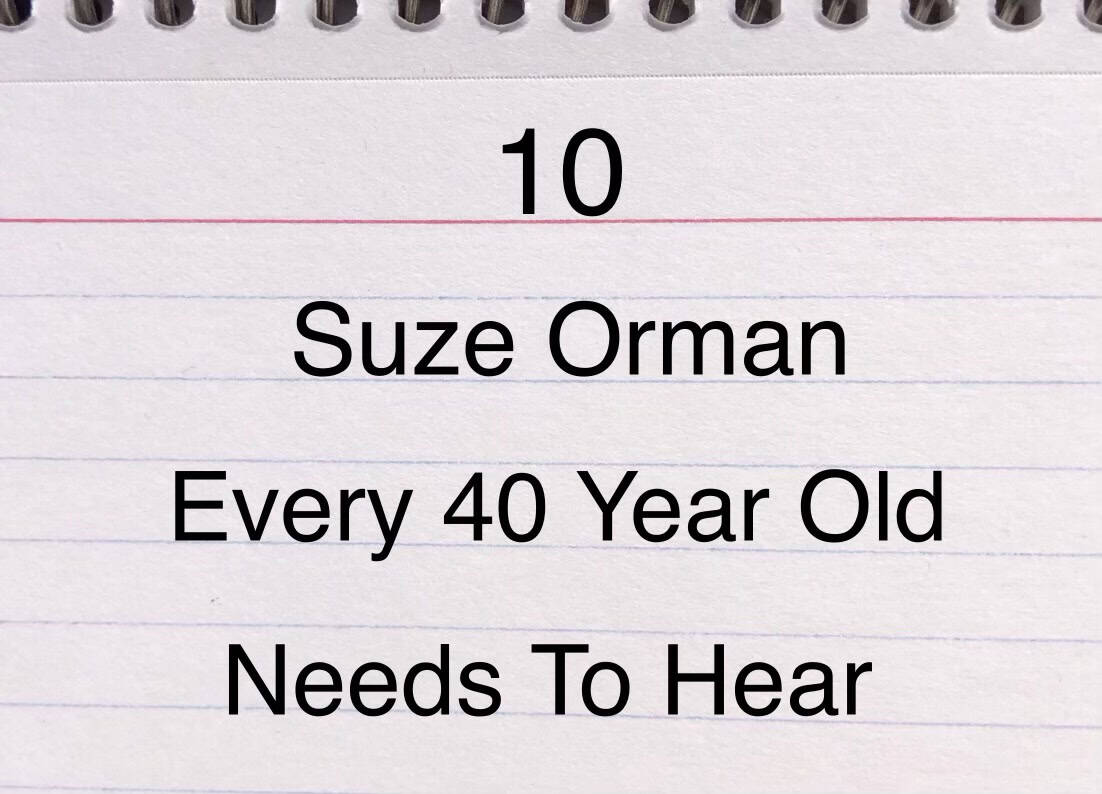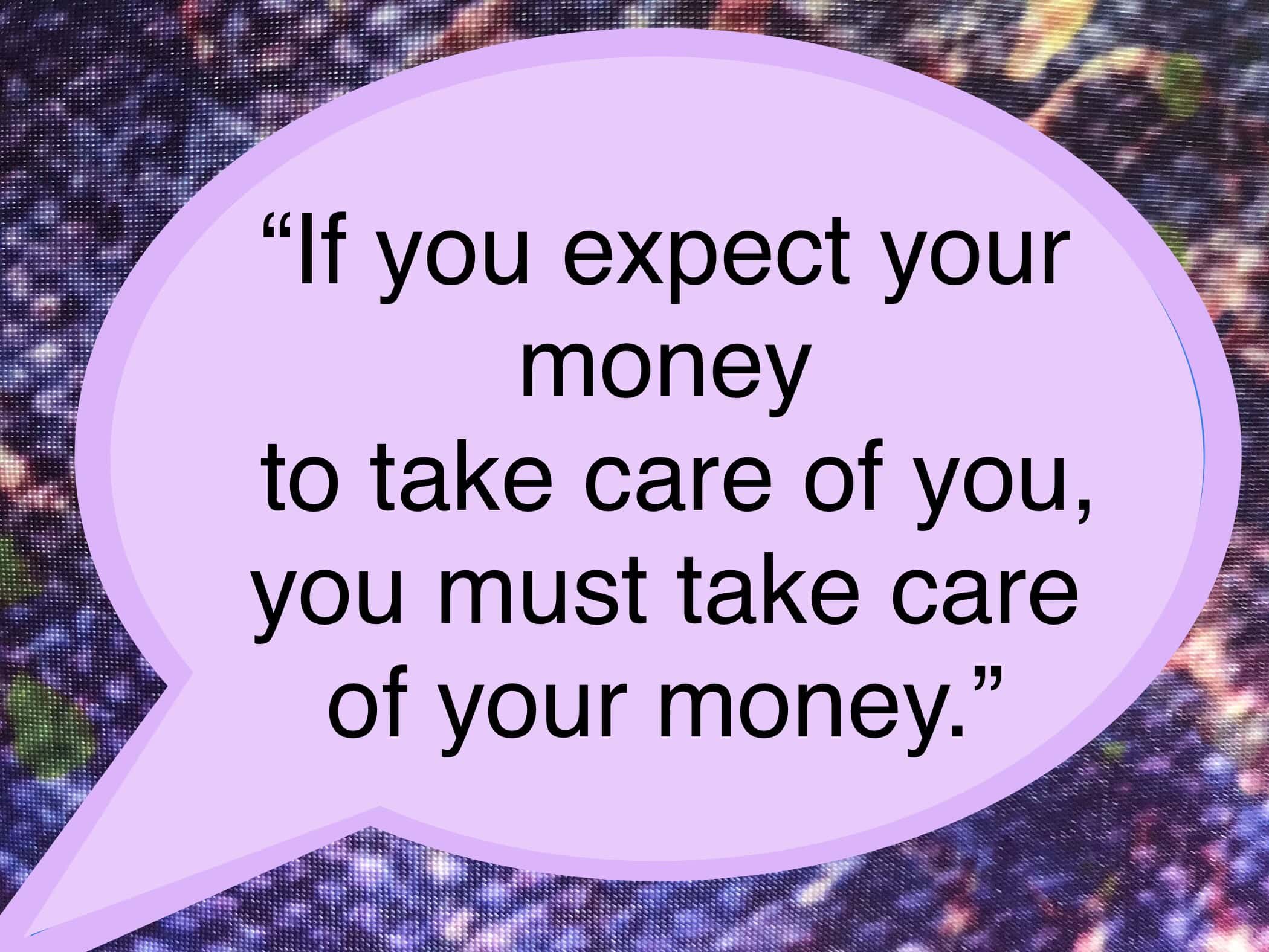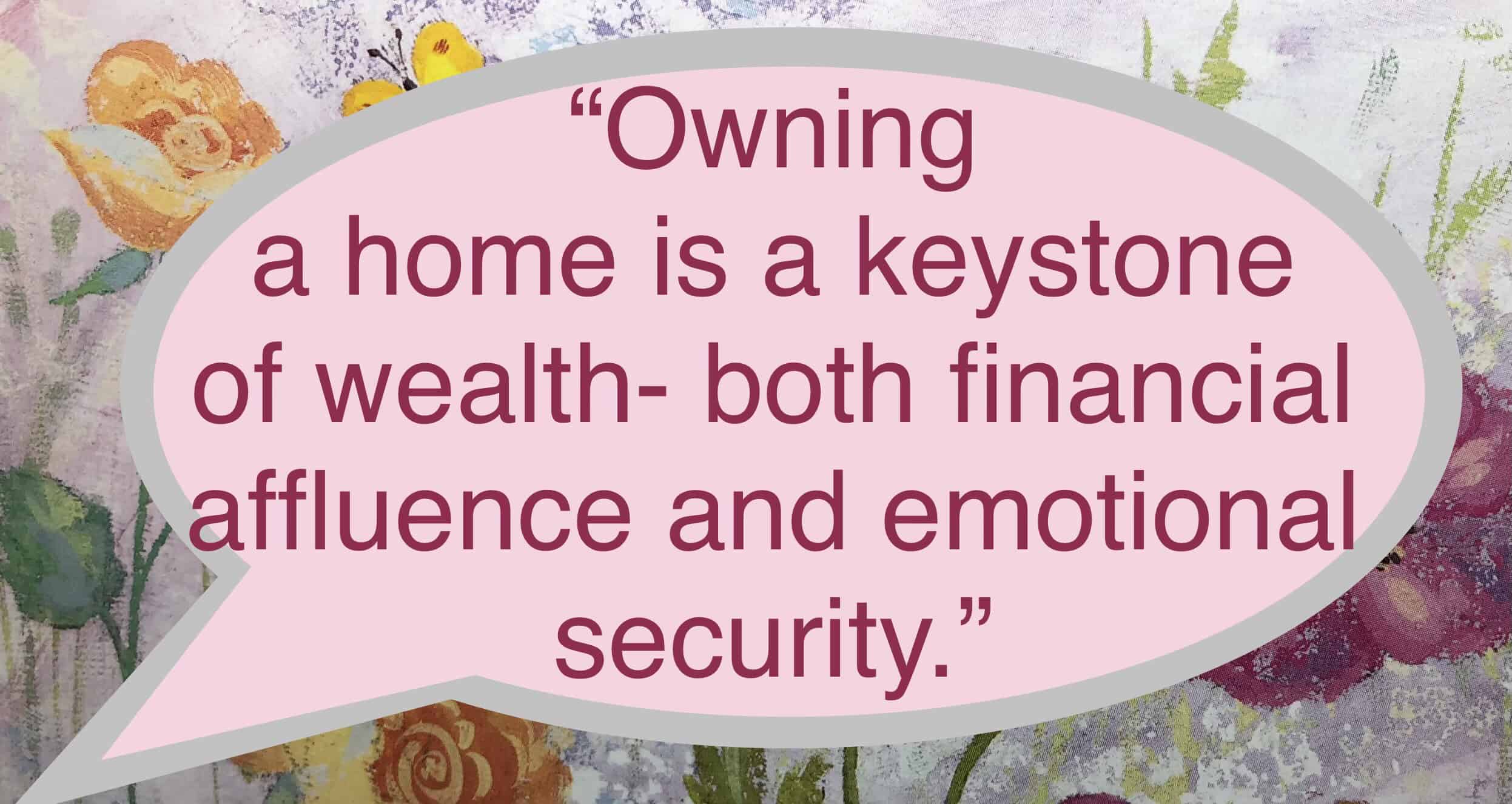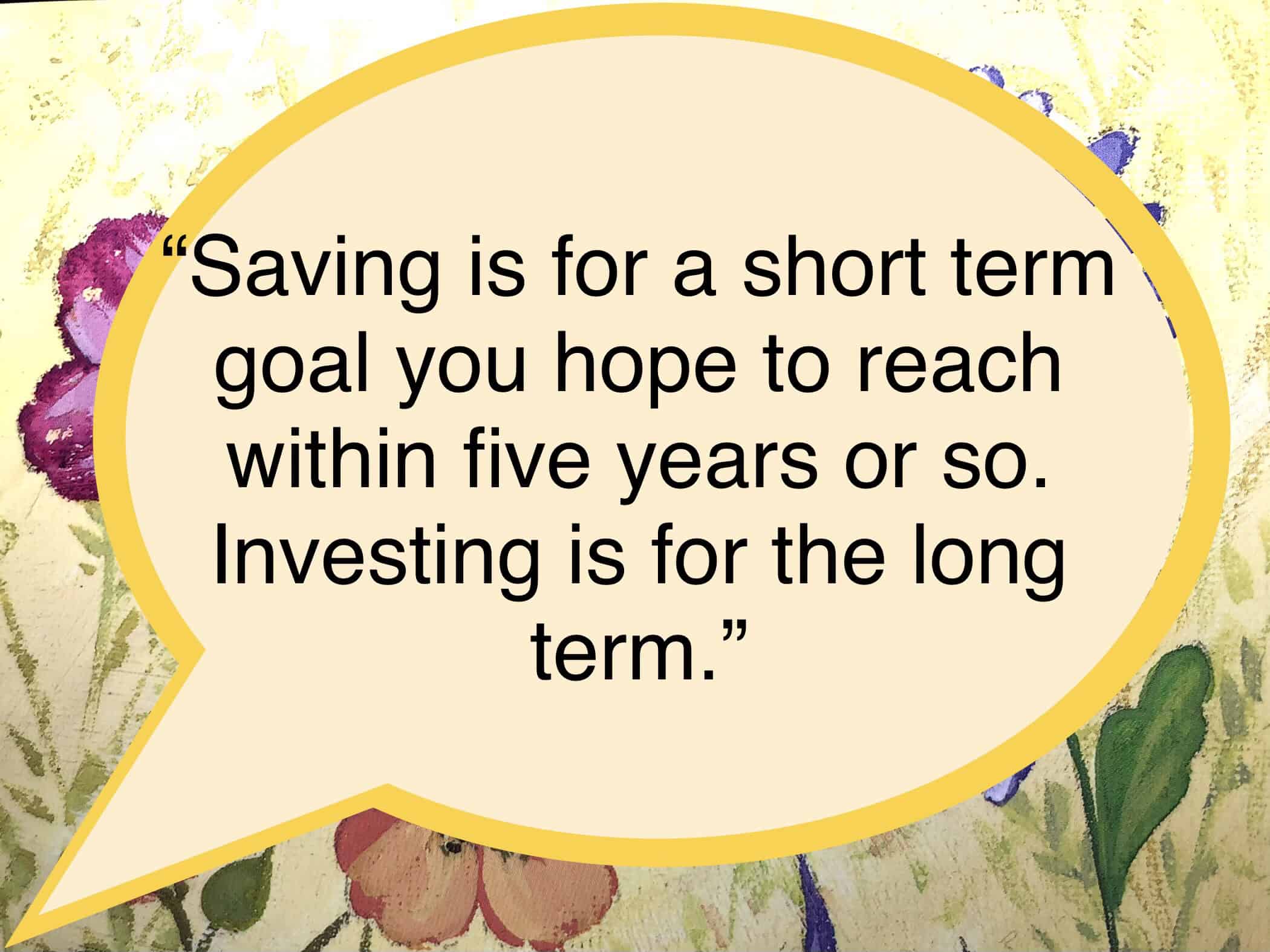

Suze Orman is known for her practical approach to personal finance. She is a fierce advocate of living within one’s means and prioritizing financial security. Orman emphasizes the importance of establishing emergency funds, managing debt wisely, and investing for the long term. She encourages individuals to plan for retirement early, taking advantage of employer-sponsored plans. Though her advice is splendid for people of all ages, 24/7 Wall St. has created a list of 10 Suze Orman quotes that every 40-year-old needs to hear. From investing and saving to retirement funds and life insurance, Orman can help you achieve financial freedom.
Why It Matters
Suze Orman is a respected voice in the world of finance. She is a best-selling author, television personality, and podcaster who has helped many people improve their financial outlook. Orman’s advice centers on practical steps individuals can take to achieve financial independence and peace of mind. With that in mind, 24/7 Wall St. presents our list of 10 Suze Orman quotes every 40-year-old needs to hear.

Need vs. Desire

- Just because you can afford it doesn’t mean you should buy it. -Suze Orman
Midlife Crisis Beware

Suze Orman is not a spendthrift and she encourages others to follow her example. She says you must differentiate between needs and desires. If you determine that a pending purchase is a need go for it. If, however, you determine that something is a want rather than a necessity, Orman suggests considering what you will lose in retirement savings if you make the unnecessary purchase. Once you become aware of what’s a stake, it’s easier to just say no.
It’s Symbiotic

- If you expect your money to take care of you, you must take care of your money. -Suze Orman
Money Requires Attention

If you have been inattentive to your finances up till now, at 40 you’re possibly starting to realize the error of your ways. As your peers discuss their retirement funds, you were wondering why you weren’t contributing to that Roth IRA/402(k) all along. Fear not, it’s never too late to start saving for your future. That said, don’t wait till you’re 50. Begin by assessing your current financial situation, including income, expenses, debts, and savings. Create a realistic budget, track your spending, and prioritize paying off your debts. Educate yourself about personal finance and commit to making positive changes in your financial health. When you take care of your money, you’ll be astounded by what it can accomplish.
Live Simply

- Live below your means but within your needs. -Suze Orman
Saving For Your Future

Planning for retirement involves various financial considerations, and one of the most important ones is creating and adhering to a budget. A budget is the best tool for managing income and expenses. Having a budget will you to allocate funds toward retirement savings while covering your current needs. Staying within this budget requires disciplined spending, which allows for consistent contributions to retirement accounts, such as 401(k)s or IRAs, the building blocks of a substantial nest egg.
Money Can’t Buy Happiness

- Although money alone won’t make us happy, the lack of money surely will make us miserable. -Suze Orman
Money Can Buy Peace of Mind

Though it’s undoubtedly true that money can’t buy happiness, financial stability can serve as a cushion for life’s challenges, smoothing out the rough edges and providing a sense of security. Money can facilitate experiences that foster happiness, like travel, education, and supporting loved ones in times of need. However, it’s essential to recognize that while money can enhance certain aspects of life, its true value lies in how it’s used. And saving for your future is a dandy use of your money.
Long Term Goals

- The key to making money is to stay invested. -Suze Orman
Patience, Grasshopper

Investing for the long term is considered a prudent approach to building wealth in the stock market. Long-term investing allows investors to capitalize on the power of compounding returns and benefit from the overall growth of the market over time. Long-term investing requires patience and control. For optimum returns, it’s not a bad idea to seek professional advice when making investment decisions, especially regarding your retirement portfolio.
(Re) Casting Call

- Recast your current problems into proactive goals. -Suze Orman
Problems vs. Solutions

If your finances are in disarray, if you’re having financial woes, fear not! Breathe deep and don’t allow yourself to stay mired in an untenable situation. At 40, you’re midway to retirement with plenty of time to get your retirement train back on track. Start by creating a realistic budget, and sticking to it. Consolidate existing debt into one monthly payment. Seek assistance from financial advisors or community resources, who will provide valuable support and help guide you toward financial freedom. Ultimately, a commitment to financial literacy and persistence in implementing sound financial strategies will lead to improved financial stability.
Buy A Home

- Owning a home is a keystone of wealth, both financial affluence and emotional security. -Suze Orman
If You Can

Homeownership, a hallmark of the American Dream, provides stability and a sense of security, offering individuals and families a place to call their own. Homeownership can be a valuable investment, building equity over time and potentially serving as a source of wealth accumulation. Beyond the financial benefits, owning a home allows for personalization while fostering a sense of community. If at all possible, buy yourself a little plot of land and a lot of peace of mind.
Dreams Are Nothing More Than Wishes

- The American dream is dead for the majority of America. -Suze Orman
A Wish is Just A Dream You Wish to Come True

You probably don’t need to be told this unfortunate news. The rising costs of education, healthcare, and housing pose significant hurdles for many individuals striving for a better life. From job insecurity to the unattainable cost and the dwindling supply of homes, along with the bankrupture that serves as health care in the U.S., leave the majority of younger Americans without much hope for the future. And while the politicians would have you believe this is a Red vs. Blue issue, it’s actually a purple issue. Folks on both ends of the political continuum are facing the same challenges, as the divide between the haves and the have-nots deepens daily. Perhaps it’s time for systemic change.
Saving vs. Investing

- Saving is for a short-term goal you hope to reach in five years or so. Investing is for the long term. -Suze Orman
Short Tern vs. Long Term

Saving involves setting aside money in safe and liquid accounts, such as savings accounts. Savings offer low returns but are considered low risk. Investing involves putting money into assets such as stocks, bonds, real estate, or mutual funds with the expectation of generating returns over the long term. Investing carries higher risks but also offers the potential for higher returns. Though they are used in different capacities (save for a vacation or a car – invest in your future) balancing saving and investing is key to building a strong financial foundation.
Insure Yourself

- If a child, spouse, life partner, or parent depends on your income, you need life insurance. -Suze Orman
Having Life Insurance Is a Good Policy

if you have dependents (a life partner, children, aging parents) who rely on your income for financial support, life insurance can provide a safety net, ensuring that they are financially protected and can maintain their standard of living. Life insurance can help cover outstanding debts preventing your family from being saddled with unnecessary obligations. Purchasing life insurance now will result in lower premiums, making it a cost-effective way to secure financial protection for the future.
Buffett Missed These Two…
Warren Buffett loves dividend stocks, and has stuffed Berkshire with some of his favorites.
But he overlooked two dividend legends that continue to print checks on a new level, they’re nowhere in his portfolio.
Unlock the two dividend legends Buffett missed in this new free report.
Thank you for reading! Have some feedback for us?
Contact the 24/7 Wall St. editorial team.



